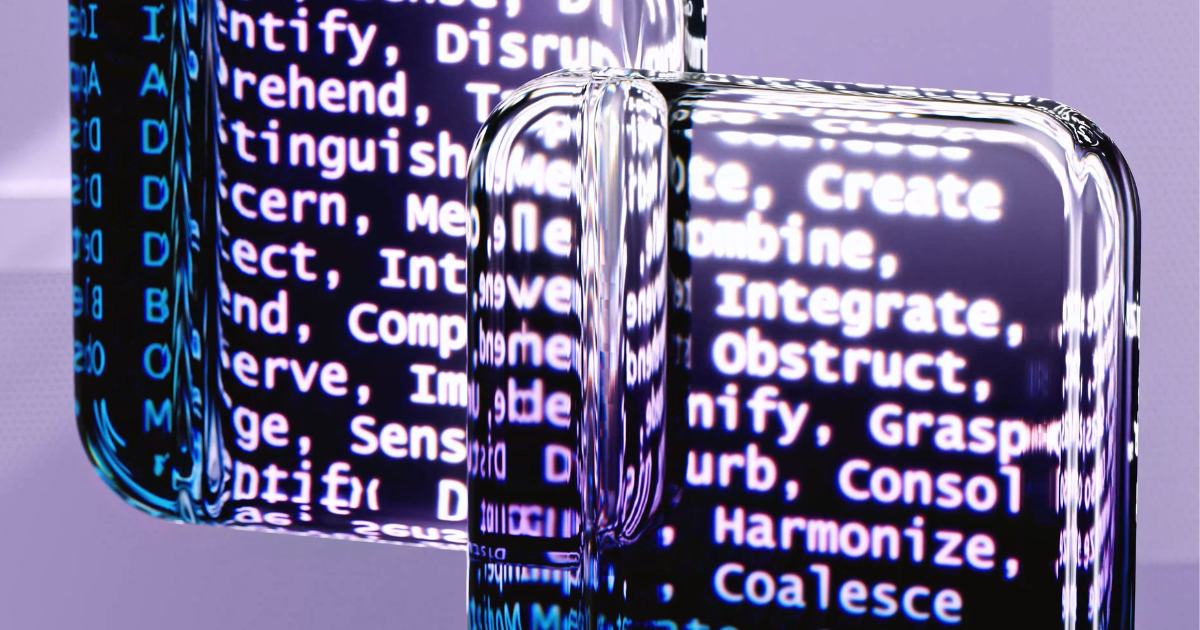
Licensing Industry Adjusts to AI
As artificial intelligence (AI) continues to expand, the potential for intellectual property infringement also grows.
For the time being, much of the licensing community’s focus is on copyrighted content but trademarks aren’t far behind, industry executives said.
AI has emerged as a major area of focus across the entertainment and licensing landscapes. Many IP attorneys and industry executives said they are fielding calls from content providers seeking to protect and license out their copyrighted material as well as from technology firms interested in using that content for AI.
“We get calls every day for videogames, entertainment, toys, and everything in between,” said Casey Collins, President of Licensed Consumer Products at Hasbro. “It is the wild, wild west and we need to have a conversation with everyone because it is expanding so rapidly, and it is amazing that it has come this far. Everyone is saying they are looking into it. No one wants to put a stake in the ground yet, but they are going to have to soon.”
Part of the hesitancy to commit fully to an AI-focused strategy could be due to the lack of concrete parameters around AI in regions around the world. In the U.S., specifically, the Biden administration recently announced plans to minimize risks through an executive order and the U.S. Trademark and Copyright Office requires human input for AI content to be granted a copyright.
“I am seeing AI used more for inspiration and not publication,” said Michael Graif, an attorney at Mintz law firm. “A designer can start with a blank screen and use AI to build from there, creating an image that is inspirational. You can work to modify it sufficiently so enough human elements can be added. That way, a design is inspirational and viewed as a derivative work, and copyright applications can be filed.”
As companies work to navigate the growing AI landscape, a number of lawsuits have been filed. Many of them focus on generative AI, which involves models that identify patterns and structures in existing data to create new content.
Getty Images, for example, has sued Stability AI in the U.K. and U.S., arguing that the platform has copied millions of photos from its collection without “permission or compensation” as part of a bid to create a competing business. Stability AI is the company behind popular AI tool Stable Diffusion, and Getty alleged the company developed false copyright management information and/or removed or altered it. Stability AI has denied the allegations. The suit is set to go to trial in the UK.
“Where you are seeing some litigation is whether you can copyright something that includes content generated by AI,” said Pamela Deese, Partner at ArentFox Schiff. “In contracts going forward, if it is going to be allowed you are going to have to meet AI head on. If you aren’t, then the rights grant needs to be narrowly defined so that those that are not set forth specifically are retained by the IP owner.”
Currently, many of the rights being negotiated are for copyrights. But trademarks aren’t far behind, according to the Covington & Burling law firm.
The issue of trademark infringement hinges on whether there is a possibility of confusion among consumers as to the identity of the goods or the source of them. AI content that doesn’t cause confusion doesn’t necessarily qualify as trademark infringement. But if a trademark consistently appears in AI-generated content, the risk for infringement increases.
“Until now, these platforms have been trying to scrape everyone’s content and data for free,” said Jed Ferdinand, Senior Partner at the Ferdinand IP Law Group. “The good AI actors are seeing what they can do with content, and they are willing to pay for it. It is a matter of what the IP owners can do and what they allow others to do with it. The big technology companies want the right to do more than scrape everyone’s data and do creative things with the content. And the studios themselves are looking to create their own AI platforms for their own content because they would rather have tight control.”

















